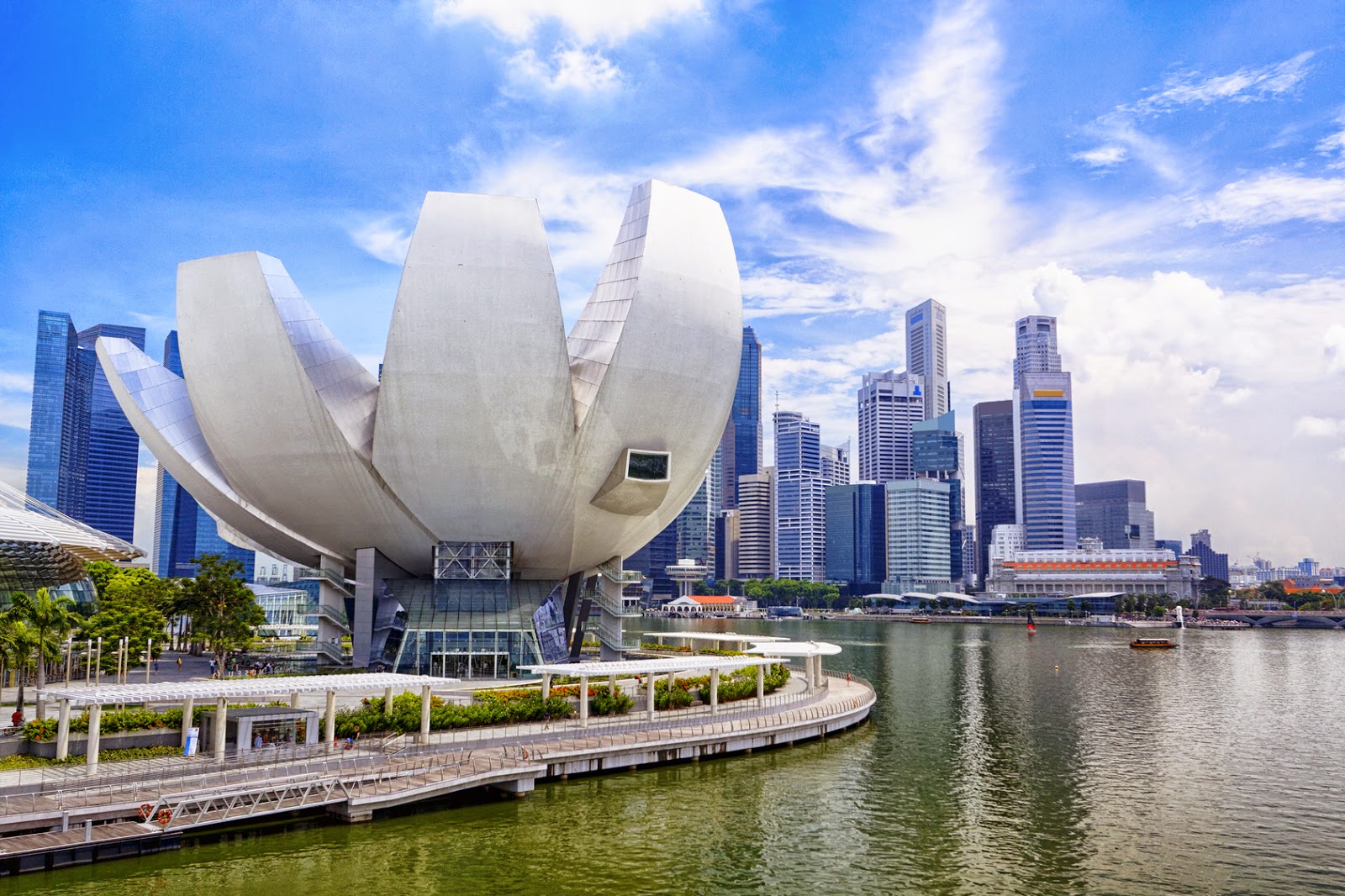Did you know that Singapore has 0.54 million permanent residents? And that this number is growing all the time? Making the decision to apply for PR is never easy, and it can often take several months. However, to help get you started, here are a few things that you need to know before you start your permanent resident application.
The benefits of making an application for Singapore PR
So, what's the point in becoming a PR? Well, firstly, as a permanent resident, no longer will you need a work permit when taking a job in the country. What's more, a monthly sum will be paid into the Central Providence Fund every month from both the employer and employee, which will go towards healthcare, a pension, and deposit for a property. Other benefits include qualifying for various government-owned land purchase schemes.
How to apply for PR
The Immigration and Checkpoint Authority - or the ICA - is the best place to start when applying for PR in Singapore, and their website contains all the forms you will need to download to start the application process. Once you've made the decision to make a permanent resident, you will need to book an appointment on the ICA website. Remember - this could several months, so it's a good idea to plan ahead and start early. You'll also need to fill in all the necessary forms, including information about your work history. To speed up this process, remember to fill in each form as thoroughly as you can, otherwise this will delay your application further. You will need to have all your documents in order and submit everything that is being asked of you if you want to become a PR in Singapore. Yes, it can seem like a huge obstacle at times - especially when trying to provide all the information the ICA are asking for. However, staff who work at the agency are polite and will be able to answer any questions that you might have. Read more about how to become Singapore pr here.
What factors determine your eligibility for PR?
There are various factors which could determine your eligibility for permanent residency in Singapore. Here are some of the most common.
1. Your age
Singapore has an ageing population, and research shows that you might have a better chance of having your application approved if you are young. Why? Because you will have more years ahead of you to make a valid contribution to the country. If you are younger, you are also more likely to socialize with others and integrate.
2. Your job
The work you do is important to some extent, as having a well-paying job shows that you are able to support yourself and any dependents. However, this doesn't mean that certain jobs won't be accepted when applying for PR. The ICA will take into account all of your circumstances when granting your application, including previous jobs.
3. Your educational history
Singapore is often on the look out for skilled and qualified applicants who will be able to contribute to their workforce. You will need to list your educational history on your application form, and include any expertise or specialist knowledge that you might have in your chosen industry. In addition, a degree that has been obtained at one of Singapore's institutes for higher learning could work in your favor.
4. The amount of time you've spent in the country
Like with any application for residency, how long you've spent in the country could have an effect on your application. You will be able to apply for PR six months after you have started your job in the country, although you might want to wait for at least two years before you make an application. Not only will this show that you have spent more time assimilating in the country, but will help you decide whether PR is really right for you. If you have any family ties in the country, this could also show you in a positive light.
5. Learning one of the languages
Learning one of Singapore's four local languages can prove that you are serious about PR in the country. You might also want to learn more about the country's history and culture if you are planning on staying here. A letter of recommendation can also be a good way to show the ICA that you are valuable member of society.
The benefits of making an application for Singapore PR
So, what's the point in becoming a PR? Well, firstly, as a permanent resident, no longer will you need a work permit when taking a job in the country. What's more, a monthly sum will be paid into the Central Providence Fund every month from both the employer and employee, which will go towards healthcare, a pension, and deposit for a property. Other benefits include qualifying for various government-owned land purchase schemes.
How to apply for PR
The Immigration and Checkpoint Authority - or the ICA - is the best place to start when applying for PR in Singapore, and their website contains all the forms you will need to download to start the application process. Once you've made the decision to make a permanent resident, you will need to book an appointment on the ICA website. Remember - this could several months, so it's a good idea to plan ahead and start early. You'll also need to fill in all the necessary forms, including information about your work history. To speed up this process, remember to fill in each form as thoroughly as you can, otherwise this will delay your application further. You will need to have all your documents in order and submit everything that is being asked of you if you want to become a PR in Singapore. Yes, it can seem like a huge obstacle at times - especially when trying to provide all the information the ICA are asking for. However, staff who work at the agency are polite and will be able to answer any questions that you might have. Read more about how to become Singapore pr here.
What factors determine your eligibility for PR?
There are various factors which could determine your eligibility for permanent residency in Singapore. Here are some of the most common.
1. Your age
Singapore has an ageing population, and research shows that you might have a better chance of having your application approved if you are young. Why? Because you will have more years ahead of you to make a valid contribution to the country. If you are younger, you are also more likely to socialize with others and integrate.
2. Your job
The work you do is important to some extent, as having a well-paying job shows that you are able to support yourself and any dependents. However, this doesn't mean that certain jobs won't be accepted when applying for PR. The ICA will take into account all of your circumstances when granting your application, including previous jobs.
3. Your educational history
Singapore is often on the look out for skilled and qualified applicants who will be able to contribute to their workforce. You will need to list your educational history on your application form, and include any expertise or specialist knowledge that you might have in your chosen industry. In addition, a degree that has been obtained at one of Singapore's institutes for higher learning could work in your favor.
4. The amount of time you've spent in the country
Like with any application for residency, how long you've spent in the country could have an effect on your application. You will be able to apply for PR six months after you have started your job in the country, although you might want to wait for at least two years before you make an application. Not only will this show that you have spent more time assimilating in the country, but will help you decide whether PR is really right for you. If you have any family ties in the country, this could also show you in a positive light.
5. Learning one of the languages
Learning one of Singapore's four local languages can prove that you are serious about PR in the country. You might also want to learn more about the country's history and culture if you are planning on staying here. A letter of recommendation can also be a good way to show the ICA that you are valuable member of society.










